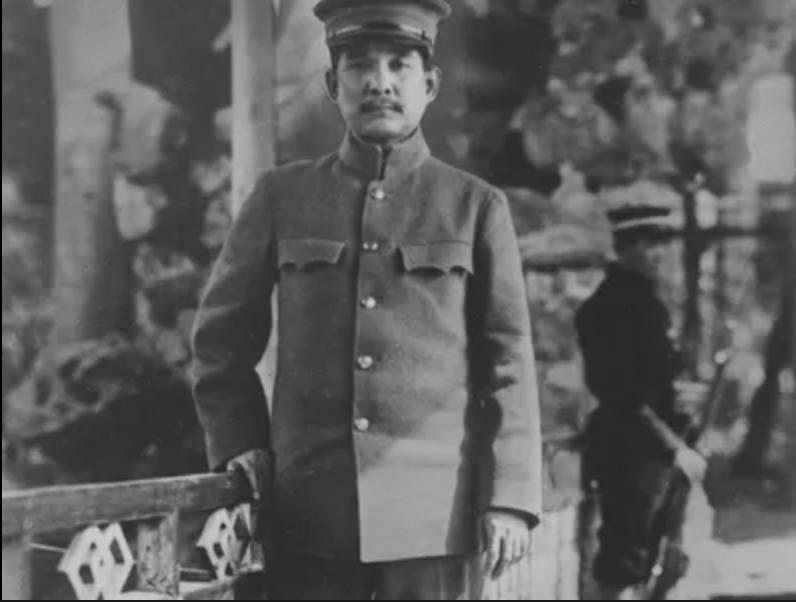
The legacy of Sun Yat-sen and the establishment of the new Chinese government
Yuan Shikai concurs with the notion and Sun Yat-sen, striving to stop the civil war in the country, takes this step for the highest interest of the motherland. On February 14, 1912, Yuan Shikai accepted the offer of the revolutionary south and assumed the post of provisional president. Beijing becomes the capital of the Republic of China. A Constitution was also adopted in the country, which gave the people broad democratic rights and freedoms. The president becomes the commander-in-chief of the troops. A permanent parliament should also be elected. The new government includes the majority of supporters of Yuan Shika. Since then, he has changed his political course, seeking to create his own dictatorship. However, he was hindered by supporters of Sun Yat-sen, who sought to get the majority of votes in the parliament. For this reason, in August 1912, Sun Yat-sen's supporters created the Kuomintang, the National Party, a political party. Due to some considerations, the third principle of Sun Yat-sen's ideology is not included in his program, the position towards the Western powers is softened. In 1912-1913, the Kuomintang managed to expand the number of its supporters and get the majority of votes in the parliament. However, they were unable to establish their own administration. After the establishment of the Kuomintang, Sun Yat-sen left active political activity for some time, assuming the position of the head of the Chinese Railways Company. With this, he tries to practically prove his third principle of achieving peace: popular well-being. Sun Yat-sen believed that the implementation of two of his principles was successful, and the time had come for the immediate method of building a new society. Seeing this, Yuan Shikai decides to seek the help of Western powers to suppress the opposition. Western powers provided financial aid to Yuan Shika, and the latter formed troops to attack areas where Kuomintang influence was strong. In the summer of 1913, Sun Yat-sen called on his supporters to launch a second revolution against Yuan Shika, which was not widely supported. In October, Yuan Shikai becomes the permanent president of the Republic of China, which is also accepted by the Western powers. Next year, the Constitution is changed, in which great powers are given to the president. Under those conditions, Sun Yatsen had to emigrate to Japan.
Add new comment